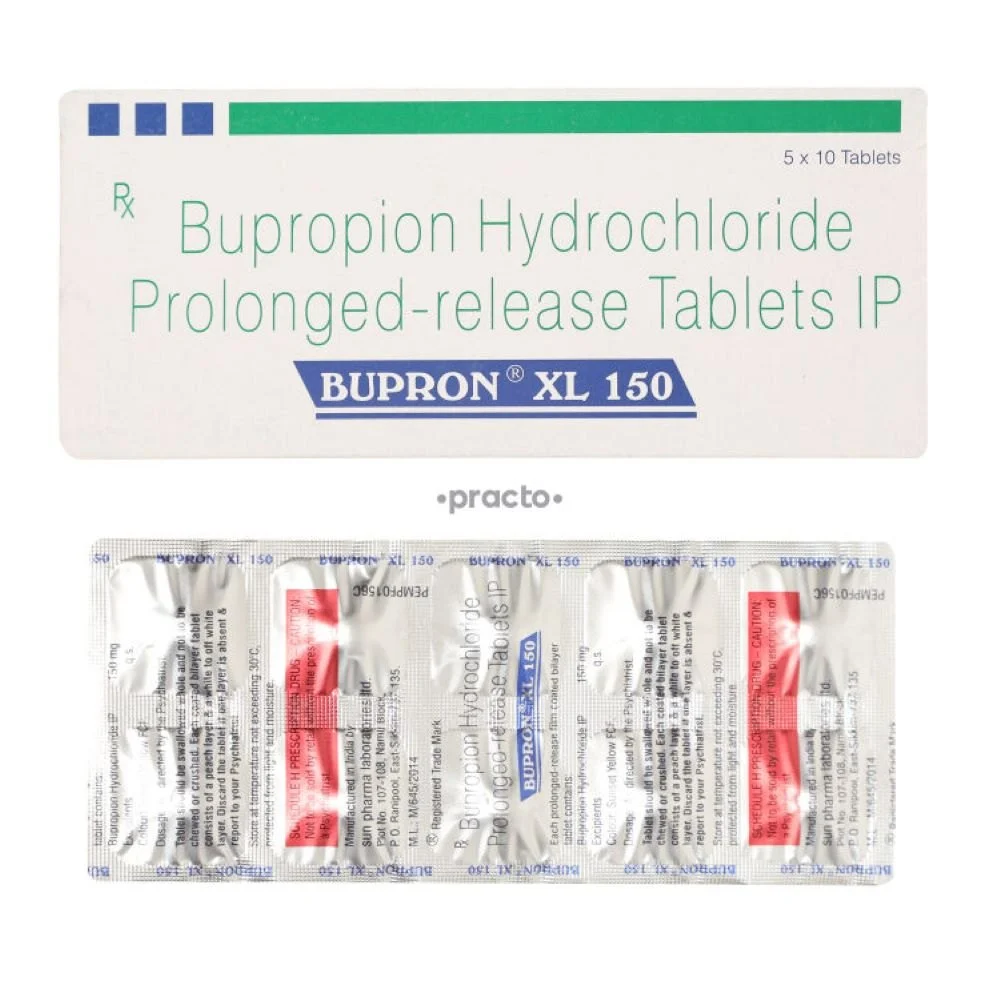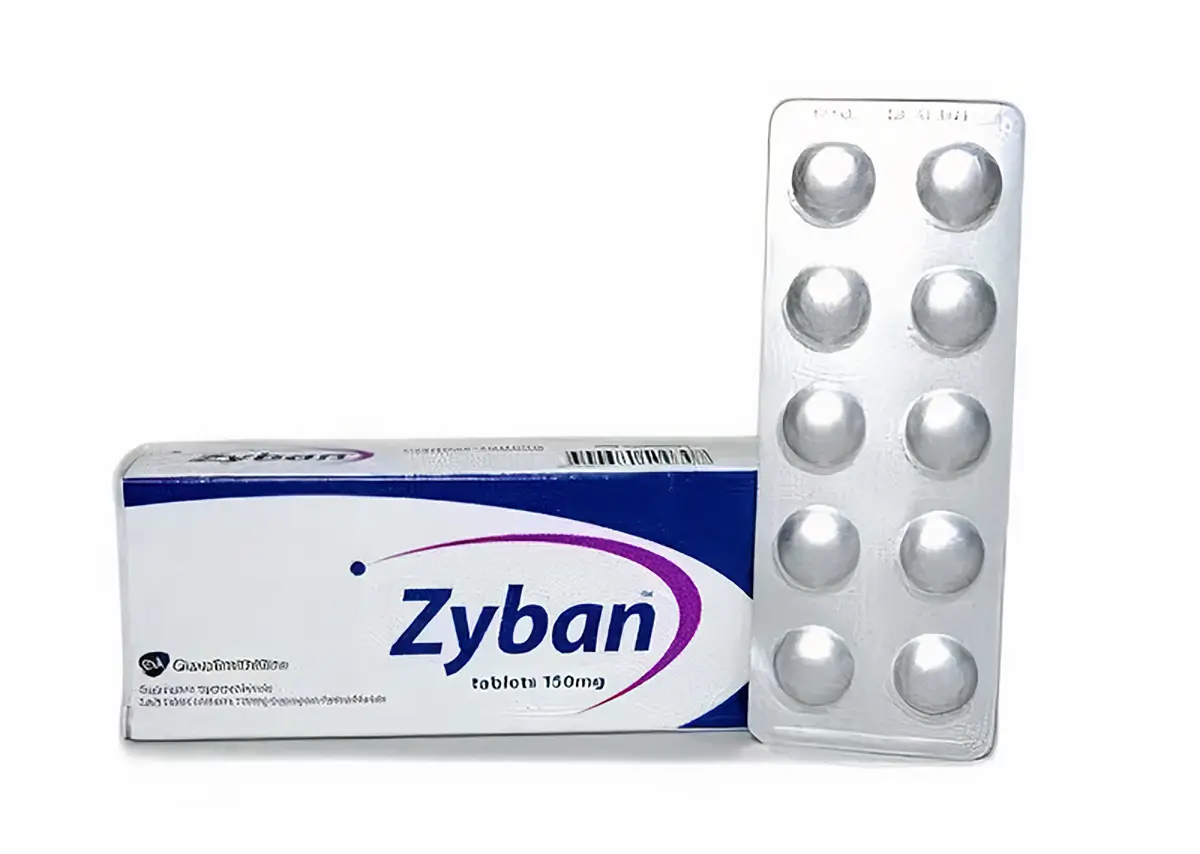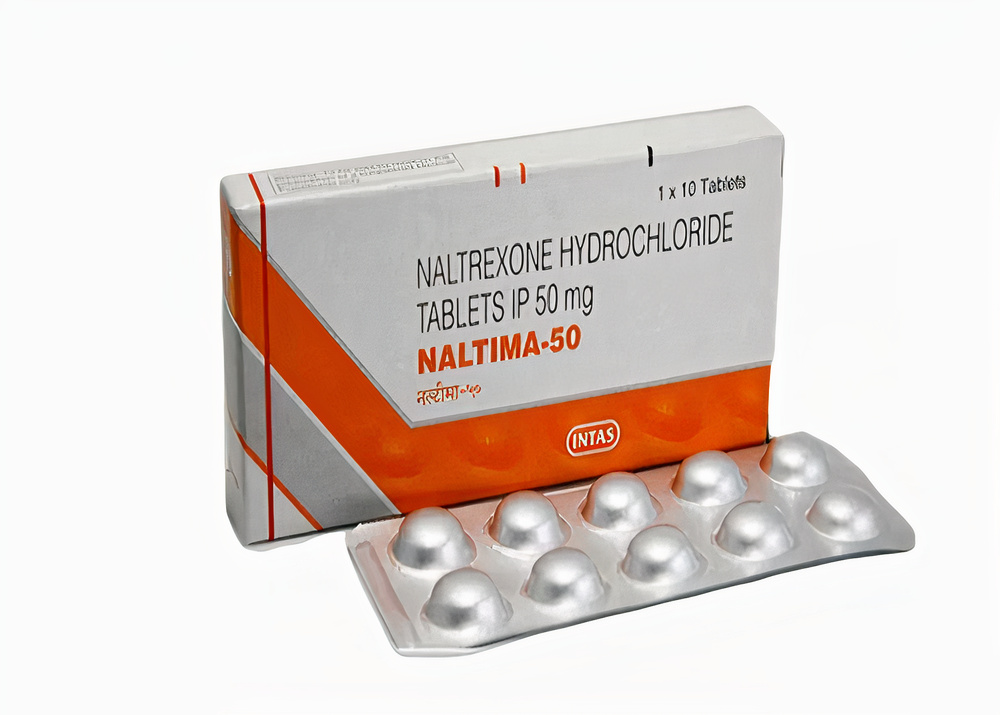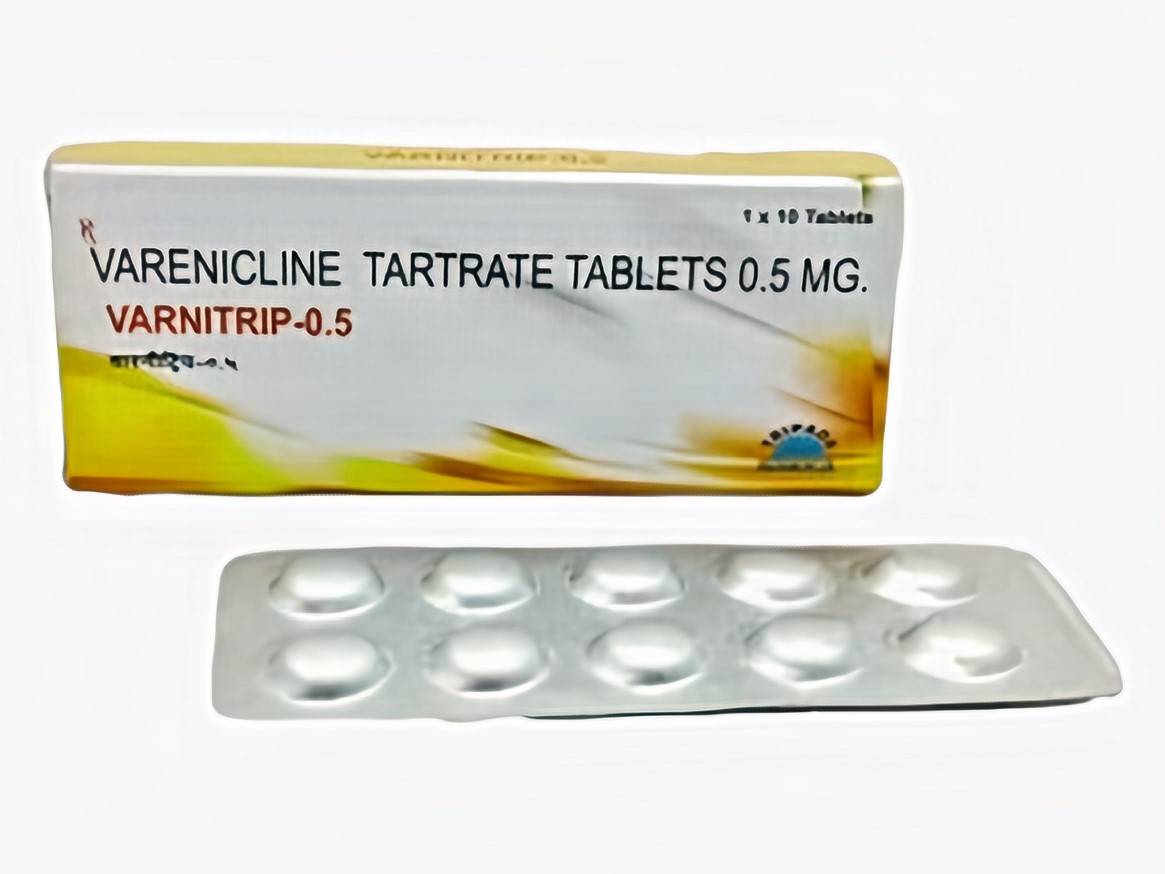Description
Bupron XL 150 Tablet (Bupropion 150mg)
Bupron XL 150 Tablet (Bupropion 150mg) is a widely used medication for managing depression and aiding in smoking cessation. Increasing the levels of chemical messengers in the brain helps to relax the nerves and imparts a calming effect. This tablet can be taken with or without food, and it is crucial to adhere to a consistent schedule while taking it. Avoid skipping doses and consult your doctor before discontinuing the medication to prevent worsening of your symptoms.
Uses Of Bupron XL 150 Tablet (Bupropion 150mg)
- Treatment of Depression
- Treatment of Smoking Addiction
- Treatment of Seasonal Affective Disorder (SAD)
- Treatment of Bipolar Disorder (as an adjunctive therapy)
- Treatment of ADHD (Attention Deficit Hyperactivity Disorder)
Treatment of Depression: Bupron XL 150 Tablet (Bupropion 150mg) assists in balancing brain chemicals, improving mood, reducing anxiety, and alleviating tension. This results in better sleep and heightened energy levels.
Treatment of Smoking Addiction: It helps individuals quit smoking by reducing the urge and withdrawal symptoms, especially when combined with counseling and social support.
Treatment of Seasonal Affective Disorder (SAD): Bupron XL 150 Tablet (Bupropion 150mg) can help alleviate depressive episodes associated with seasonal changes, particularly in winter.
Treatment of Bipolar Disorder: When used as adjunctive therapy, it can assist in stabilizing mood swings and preventing episodes of mania or depression.
Treatment of ADHD: It aids in improving concentration and reducing hyperactive behaviors in individuals with ADHD.
Safety & Precautions
- Inform your doctor if you have a history of seizures.
- Avoid alcohol as it can exacerbate side effects.
- Consult your doctor before taking it during pregnancy or breastfeeding.
- Use caution if you have liver or kidney disease.
- Monitor for any unusual mood changes or suicidal thoughts.
- Avoid driving or heavy machinery as the tablet can cause dizziness.
- Do not abruptly stop taking the medication.
- Take the medication at a fixed time each day.
- Report any allergic reactions to your doctor immediately.
- Maintain regular follow-up consultations with your healthcare provider.
Side Effects
Most side effects do not require medical attention and disappear as your body adjusts to the medicine. Consult your doctor if they persist or if you’re worried about them.
- Insomnia (difficulty in sleeping)
- Allergic reaction
- Impaired concentration
- Sweating
- Headache
- Nausea
- Vomiting
- Dizziness
- Dryness in mouth
- Taste change
- Abdominal pain
- Agitation
- Anxiety
- Fever
- Constipation
- Tremors
FAQ
What is Bupron XL 150 Tablet (Bupropion 150mg) used for?
Bupron XL 150 Tablet (Bupropion 150mg) is commonly prescribed for depression and smoking addiction. It can also be used for Seasonal Affective Disorder (SAD), Bipolar Disorder (as adjunctive therapy), and Attention Deficit Hyperactivity Disorder (ADHD).
How should Bupron XL 150 Tablet (Bupropion 150mg) be taken?
Take Bupron XL 150 Tablet (Bupropion 150mg) exactly as prescribed by your doctor. Swallow it whole without chewing, crushing, or breaking it. It can be taken with or without food, but ensuring a fixed schedule for the dose is crucial.
What are the common side effects of Bupron XL 150 Tablet (Bupropion 150mg)?
Common side effects include insomnia, allergic reactions, impaired concentration, sweating, headache, nausea, vomiting, dizziness, dryness in the mouth, taste changes, abdominal pain, agitation, anxiety, fever, constipation, and tremors.
Can Bupron XL 150 Tablet (Bupropion 150mg) be taken during pregnancy?
Bupron XL 150 Tablet (Bupropion 150mg) may be unsafe during pregnancy. While human studies are limited, animal studies have shown harmful effects on the developing baby. Your doctor will weigh the benefits and risks before prescribing this medication during pregnancy.
Is it safe to consume alcohol while taking Bupron XL 150 Tablet (Bupropion 150mg)?
No, it is not safe to consume alcohol while taking Bupron XL 150 Tablet (Bupropion 150mg). Alcohol can lead to excessive drowsiness and intensify the medication’s side effects, potentially leading to dangerous situations.
What precautions should I take if I have liver or kidney disease and need to use Bupron XL 150 Tablet (Bupropion 150mg)?
If you have liver or kidney disease, use Bupron XL 150 Tablets (Bupropion 150mg) with caution. Dose adjustments may be necessary, and close monitoring by your doctor will help manage any possible side effects. Always consult your healthcare provider before starting this medication.
Dosages of Bupropion
When it comes to determining the appropriate dosage of Bupropion, several factors are considered, including the condition being treated and the patient’s overall health. The medication is available in various forms and strengths.
| Form | Strength |
|---|---|
| Tablet (Wellbutrin) | 75 mg, 100 mg |
| Tablet, sustained-release (Wellbutrin SR) | 100 mg, 150 mg, 200 mg |
| Tablet, extended-release (Wellbutrin XL) | 150 mg, 300 mg |
| Tablet, extended-release (Aplenzin) | 174 mg, 348 mg, 522 mg |
| Tablet, extended-release (Forfivo XL) | 450 mg |
| Tablet, extended-release (Zyban), Adult Only | 150 mg |
The following outlines the dosing considerations for different conditions treated with Bupropion:
Major Depressive Disorder
- Immediate-release: Initial: 100 mg orally every 12 hours; may adjust to 100 mg every 8 hours as early as day 4; potential to increase up to 150 mg every 8 hours after several weeks if no clinical improvement is observed with 100 mg every 8 hours.
- Sustained-release: Initial: 150 mg orally once/day; may adjust to 150 mg every 12 hours after 3 days. Possible increase to no more than 200 mg every 12 hours after more than 4 weeks if no clinical improvement with 150 mg every 12 hours.
- Extended-release: Initial: 150 mg orally once/day; may increase to 300 mg once/day on day 4. Adjustments to not exceed 450 mg once/day after more than 4 weeks if no clinical improvement with 300 mg once/day.
- Aplenzin: Initial: 174 mg orally once/day; after 4 days, adjust to the usual adult target dose of 348 mg once/day. Potential increase not to exceed 522 mg once/day after more than 4 weeks.
- Forfivo XL: 450 mg orally once/day without regard to food. Suitable for people previously receiving 300 mg/day of another bupropion formulation for at least 2 weeks and requiring a 450 mg/day dosage.
Seasonal Affective Disorder (SAD)
- Wellbutrin XL: 150 mg orally once/day; may increase to 300 mg once/day.
- Aplenzin (bupropion hydrobromide): 174 mg orally once/day initially (equivalent to 150 mg bupropion HCl); after 1 week, may increase to the usual target of 348 mg/day (equivalent to 300 mg bupropion HCL).
Treatment initiation should occur in the autumn before the onset of seasonal depressive symptoms and continue through the winter season.
Smoking Cessation
- Zyban: 150 mg orally once/day for 3 days, THEN increase to 150 mg every 12 hours; should continue treatment for 7-12 weeks. If a patient successfully quits after 7-12 weeks, consider ongoing maintenance therapy.
Begin therapy 1 week before the target quit date (usually the second week of treatment). It may be combined with the use of the nicotine patch.
Attention Deficit Hyperactivity Disorder (ADHD) (Off-label)
- Adult: Initial: 150 mg/day orally. Titrate to 150-450 mg/day based on tolerability and efficacy; may administer in divided doses or ER or SR formulations.
- Pediatric:
- Immediate-release: Initial: 3 mg/kg/day or 150 mg/day orally. Titrate to 6 mg/kg/day or 300 mg/day, maximum. Single-dose should not exceed 150 mg; may be administered as divided doses for safety and effectiveness (e.g., twice daily for children and three times daily for adolescents).
- Extended-release: Initial: Up to 3 mg/kg/day or 150 mg/day orally. Titrate to 6 mg/kg/day or 300 mg/day, maximum.
- Sustained-release: Initial: Up to 3 mg/kg/day or 150 mg/day orally. Titrate to 6 mg/kg/day or 300 mg/day, maximum.
Neuropathic Pain (Off-label)
- 150 mg bupropion SR orally twice daily for 6 weeks.
Dosage Modifications
Certain conditions may necessitate adjustments to the standard dosage of Bupropion:
- Hepatic impairment:
- Mild to moderate: Use caution; consider reducing amount or frequency; Forfivo XL not recommended.
- Moderate to severe (Buproban, Wellbutrin XL, Zyban): Not to exceed 150 mg every other day.
- Moderate to severe (Aplenzin): Not to exceed 174 mg every other day.
- Moderate to severe (Wellbutrin): 75 mg once daily.
- Moderate to severe (Wellbutrin SR): 100 mg once daily or 150 mg every other day.
- Moderate to severe (Zyban): 150 mg every other day.
- Elderly: Lower dose/frequency may be required because of decreased renal/hepatic clearance.
- Renal impairment: Use caution; consider reduction.
Drug Interactions
Bupropion can interact with various other medications, potentially leading to serious adverse effects. Therefore, it is essential to consult with your physician before starting, stopping, or adjusting the dosage of any medication while using Bupropion.
Severe interactions of Bupropion include:
- Eliglustat
- Isocarboxazid
- Phenelzine
- Pimozide
- Rasagiline
- Selegiline
- Selegiline Transdermal
- Tranylcypromine
Bupropion has serious interactions with at least 22 different drugs, moderate interactions with at least 91 different drugs, and mild interactions with at least 22 different drugs.
| Drug | Interaction |
|---|---|
| Eliglustat | Severe |
| Isocarboxazid | Severe |
Always keep a list of all medications you are using and share it with your healthcare provider and pharmacist.
Additional Information
Using Bupropion for Seasonal Affective Disorder (SAD)
Seasonal Affective Disorder (SAD) is a type of depression that occurs at a specific time of year, usually in the autumn and winter. Bupropion, especially in its extended-release forms, has shown efficacy in treating SAD.
For optimal results, treatment should commence during the autumn before the depressive symptoms start and continue throughout the winter season. The goal is to preemptively manage the symptoms before they manifest severely.
Multiple studies have demonstrated that Wellbutrin XL and Aplenzin can effectively mitigate the severity of SAD symptoms, thereby improving quality of life during the more challenging seasons.[1][1] Source: “Clinical Studies on Bupropion for SAD.”
Bupropion for Smoking Cessation
Bupropion has also been employed as an effective aid in smoking cessation. Sold under the brand name Zyban, this medication works differently than other nicotine replacement therapies. It can reduce cravings and withdrawal symptoms, making it easier to quit smoking.
The typical regimen for smoking cessation begins with a low dose of 150 mg once daily for the first three days. Subsequently, the dose is increased to 150 mg every 12 hours. This dosage schedule helps to build the medicine gradually in the system, reducing the risk of side effects.
Studies have shown that adding Bupropion to a smoking cessation program significantly increases the likelihood of long-term abstinence from smoking. Combining it with a nicotine patch can further enhance its efficacy.[2][2] Source: “Efficacy of Bupropion in Smoking Cessation: A Comprehensive Review.”
Bupropion for Attention Deficit Hyperactivity Disorder (ADHD)
Though not FDA-approved for treating ADHD, Bupropion has been used off-label to manage symptoms in both adults and children. Its mechanism of action, which involves balancing neurotransmitters, can help improve attention, focus, and impulse control.
For adults, the initial dose starts at 150 mg/day, with adjustments based on tolerability and efficacy. The maximum dose typically does not exceed 450 mg/day. In pediatric cases, the regimen often starts with a conservative dosage and is titrated based on individual response and safety.
Bupropion can be particularly useful for individuals who do not respond well to traditional stimulant medications for ADHD. However, it’s crucial to monitor for potential side effects and consult a healthcare provider for a tailored treatment plan.[3][3] Source: “Off-label Use of Bupropion for ADHD: A Review.”
Bupropion for Neuropathic Pain
Neuropathic pain is a chronic pain condition caused by nerve damage. While Bupropion is not primarily designed for this condition, off-label use has shown promise. A typical regimen involves taking 150 mg of Bupropion SR orally twice daily for six weeks.
Studies have indicated that Bupropion’s unique pharmacological profile, which includes the inhibition of norepinephrine and dopamine reuptake, can provide significant relief from neuropathic pain symptoms.[4][4] Source: “Bupropion for the Management of Neuropathic Pain: Clinical Evidence.”
Alternative Uses of Bupropion
Beyond its primary indications, Bupropion has been employed in various off-label uses. Some of these include:
- Managing anxiety in individuals with depression
- Alleviating symptoms of bipolar disorder (depression phase)
- Addressing weight issues in specific contexts
- Potentially improving sexual dysfunction
These off-label applications are usually explored when traditional treatment options prove inadequate or unsuitable for the patient.[5][5] Source: “Exploring the Off-label Uses of Bupropion.”
Conclusion
Bupropion’s versatility in treating various conditions beyond its primary indications makes it a valuable medication in the medical arsenal. However, its complex interaction profile and the need for careful dosage adjustment warrant professional medical oversight. Always consult healthcare providers to determine the most suitable treatment regimen for your specific needs.





